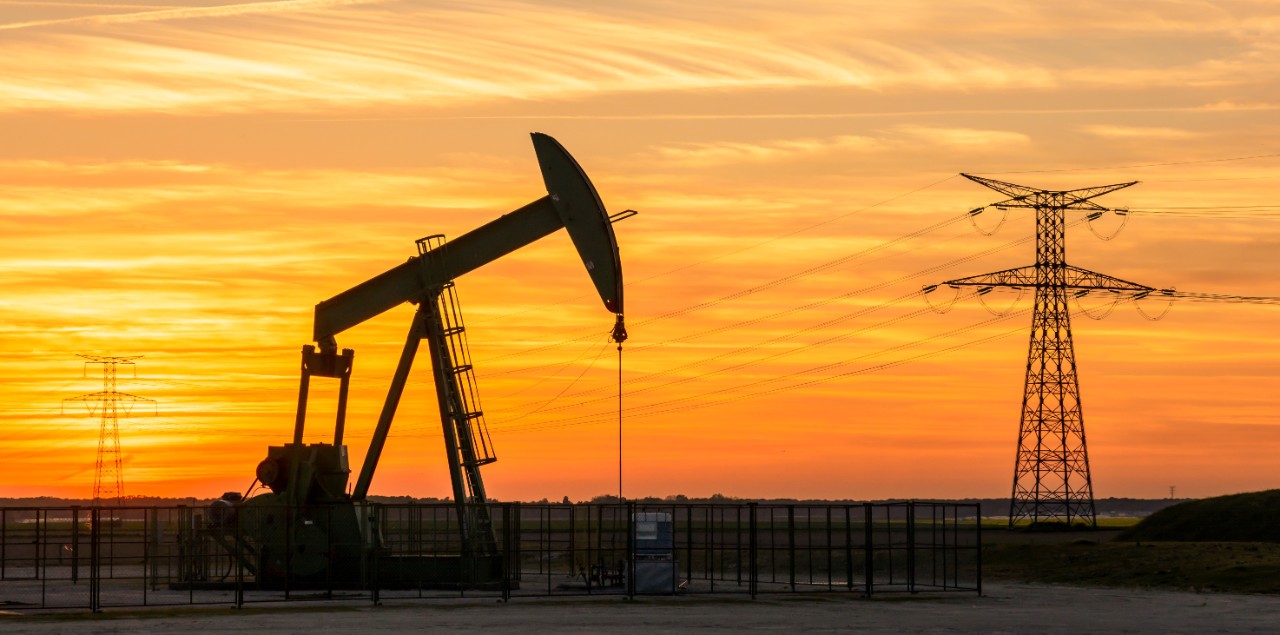
WLWT: UC economics professor reacts to release of oil reserves
Asawari Deshmukh warns that it could be weeks before gas prices drop
In an effort to stave off rising gas prices caused by Russia’s invasion of Ukraine, President Joe Biden announced Thursday that he will tap into the nation’s strategic oil reserves.

Asawari Deshmukh, assistant economics professor-educator at the University of Cincinnati Carl H. Lindner College of Business.
By releasing 1 millions barrels per day over the next six months, Biden estimated the move could drop gas prices somewhere between 10 to 35 cents.
Asawari Deshmukh, assistant economics professor-educator at the University of Cincinnati Carl H. Lindner College of Business, told WLWT that it could be weeks before drivers witness price drops.
“For this announcement to actually take effect, and this crude oil to reach the market, it takes about a week or 10 days, and then it would take another few weeks for it to really show,” Deshmukh said.
Biden’s decision is not a long-term fix, but Deshmukh said this is a prudent time to release the reserves.
“It's a world emergency, so why not use it now?” Deshmukh said. “And we do replenish those reserves.”
Impact Lives Here
The University of Cincinnati is leading public urban universities into a new era of innovation and impact. Our faculty, staff and students are saving lives, changing outcomes and bending the future in our city's direction. Next Lives Here.
Related Stories
UC researcher launches app to connect patients to lifesaving...
May 7, 2025
A cardiologist and researcher at UC’s College of Medicine joined the Venture Lab at the 1819 Innovation Hub to launch High Enroll, an app that links clinical trials with willing participants.
UC-linked startups blaze trails as Cincy Inno Fire Awards...
May 5, 2025
Seven of the 22 finalists for the Cincy Inno Fire Awards have connections to the University of Cincinnati. We’ll run through each of these trailblazing startups.
The burning river that fueled a US green movement
May 5, 2025
An article by the BBC takes the reader back to the late 18th and 19th centuries, when US prosperity was defined by the industrial revolution, a time with little regard for the pollutants that came with industrial expansion. UC's David Stradling, professor of history, cited as expert source in the article.
